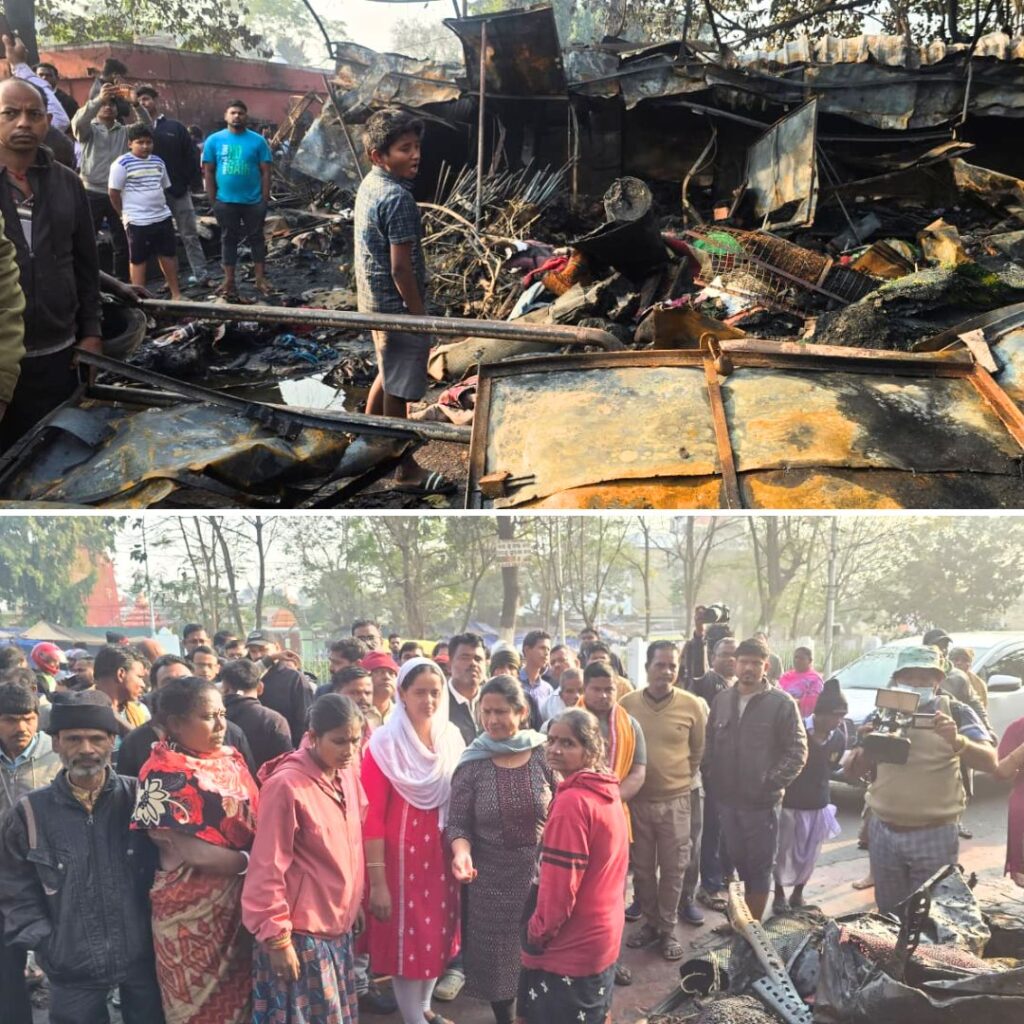After getting a postgraduate diploma in advertising, Ansh (name changed) landed a job at a prestigious advertising firm in Mumbai. Being passionate about curating ads his life revolved around the ad agency often working for 16 hours a day.
Working from 9 am to 3 am Ansh slept not more than 3-4 hours a day. With inadequate sleeping patterns, it was not long when Ansh would be suffering from insomnia. As he lied on his bed–his eyes were fixated on the fan whirling above.
“My family stopped recognizing me. I hardly got the time to strike a conversation with them. I became a BP patient and was on regular pills to curb it down. I also suffered from extreme insomnia as my body got habituated to taking 3-4 hour sleep every day,” said Ansh.
However, Ansh’s case does not stand out as a one-off case. It’s the most common phenomenon in India nowadays. More than half of the Indian working professionals rates their current work-life balance average to terrible says, the ‘Understanding Work-Life Balance’ survey of 2,000 working professionals by Monster.com.
Lack of sleep (17 per cent), depression (16 per cent), anxiety & irritability (9 per cent), hypertension (4.5 per cent) came up as the top work-related ailments in the research. Back pain (15 per cent), frequent headaches & fatigue (14 per cent), and obesity (5 per cent) came up as other stress-related physical illnesses
Nowadays working professionals often compromise on health due to lack of time. Untimely meals, inadequate sleep, uneven sleeping patterns, and to add to it often eating unhealthy food. Consumption of caffeinated energy drinks or a coffee to keep themselves awake all night is a common practice among millennials. And to make it even worse some of them also smoke a cigarette.
“Coffee is what kept me working during the extra shifts. There were days when my body survived on a pack of smokes and coffee. Nothing else!” said a media person who asked anonymity.
Deadlines Made Me Feel Dead
The research further reported that collectively, 67 per cent of India’s working population is engrossed in the working environment even when they are not at work. About half of the respondents in relationships currently, confessed that the lack of work-life balance makes them or their partners irritable or ill-tempered.
Another poignant story is of Vanita (name changed) who was working with the high-end corporate firm in Mumbai. Vanita earned enough to afford a luxurious life in Mumbai. However, it came at the cost of her health was exorbitant. She would always be running to meet the deadlines and often had to face the music from her boss for failing.
“All I thought about was deadlines. What started as a profession soon became an obsession. My mind couldn’t think of anything. There was no personal life. All I knew and cared about was my deadlines,” said Vanita.
However, six months after joining the firm, her body became frail and weak. She was diagnosed with Polycystic ovary syndrome (PCOS), one of the most common hormonal disorders among women in India that leads to infertility and formation of cyst in the ovary. PCOS is an emerging health problem especially seen in South Asia. The only way to cure this is by promoting healthy lifestyles to prevent future morbidity.
Abhijeet Mukherjee, CEO, Monster.com, APAC & Gulf in a press release said, “If there’s one thing that comes out distinct in this survey is a dichotomy. At one level, 60 per cent of Indian respondents feel that they balance their work and life; while on the other hand, as high as about 78 per cent respondents would like to be ‘segments’ and not ‘blenders’ i.e. clearly defined boundaries between their personal and work lives and not blurring the line.”
Also Read: “It Does Get Better”: Real Life Stories Of Hope And Survival This World Suicide Prevention Day












